Not necessarily all relationships will emerge out as you wish it to. Some relationships begin on good terms, go through trials of highs and lows, yet survive because the relationship has all the basic requirements – trust, connectivity, and respect.
But due to a number of uncontrollable factors, both internal and external, a relationship might turn into a toxic one.
A bad relationship is one that is long dead, has no spark, is filled with miscommunication or at times a complete lack of communication, repeated conflicts, and arguments, absence of empathy, respect, and understanding. A relationship that hinges on abuse and manipulation is the worst kind.
But surprisingly, people keep dragging a relationship, even after knowing that it is not yielding any good results for either of the partners. Some people will cross miles to somehow keep supporting an undeserving relationship.
How far will you go to save a relationship from failing?
Bad relationships are anything but self-degrading and self-sabotaging leading to ultimate suffering on both ends.
Even when there are numerous available opportunities in the dating world, what is it that keeps someone anchoring on to a bad relationship?
Is it love? Or is it a habit?
Let’s take a deeper look at what makes you stick to bad relationships with all your heart and soul.
1. To avoid being lonely.

Loneliness can make one feel like the end of the world. It significantly lowers a person’s self-confidence and distorts overall self-perception. Someone who has been into the grasp of loneliness will never like to return back there.
Being in a committed relationship has a social connotation. Some people are of the belief that having a partner and being able to flaunt it increases your social status and reputation.
The mere physical presence of your partner, no matter how abusive, how inconsiderate, how indifferent your he/she is, can sometimes make you feel comfortable. We often hesitate to let go of our ‘habit’ of the person.
The thought of waking up in the morning to emptiness can be unnerving to some. It is not because you intensely love being with your partner. You might as well ignore each other just after you wake up, but It is simply because staying alone has not been usual for so long. You want to make sure that you don’t feel lonely, lost and unwanted.
2. Low self-esteem.

Functioning with low-self esteem is like fighting a battle within yourself every single moment. You constantly keep questioning your own worth, your capacities and what you are bringing to the relationship.
Low self-esteem fools us to think that we always deserve much less than what we are getting from the relationship as the significance we put to ourselves is much lower than our deserving value.
These people tend to measure their worth based on whether they have a partner or not, whether the partner accepts them or not, values them or not, or appreciates them or not.
When you have low self-esteem, you need constant validation and approval from someone. And if that person is someone you love it makes you feel valued and wanted.
If you are continuing a bad relationship, which has nothing to offer you, ask yourself, Are you putting a deserving value to yourself?
As a matter of fact, when you start putting yourself on a higher pedestal, you will come to realize that there are innumerable reasons to make an exit from the relationship.
3. Codependency

Co-dependents have an addiction to relationships, just as any addict would use substances to get that ‘high’ feeling.
Sadly, when a person is overly emotionally dependent on their partner, most often than not they have low self-esteem(moving back to point 2). This is the reason, they measure their self-worth in relation to someone else, other than themselves. Co-dependents usually respond to external cues more often than internal needs.
They identify themselves to be so fused with the other person that they often end up dismissing their own perception, ideas, and feelings, unless and until they are validated and approved by someone else.
Getting out of a relationship, even if it is harming them becomes inevitably difficult for them because every single of their behavior needs to be validated, assured and emotionally sanctioned by their partner. These people hardly survive if they remain single.
4. Comfort in Familiarity and fear of uncertainty.

Some relationships are a mere “to battle with a known devil is better than facing an unknown devil”.
We rationalize with ourselves that we might already be getting the best we can. The fear of uncertainty keeps us from taking a leap of faith or moving towards a better opportunity or stepping out of our comfort zone to embrace positive change.
A person familiar with comfort, predictability, and warmth of routine might genuinely feel perturbed when putting out of a relationship. Who knows if the next relationship they pursue will put them in a more trying situation or not. The fear of getting themselves in a worse relationship than the current one keeps them suffering in a dead relationship.
5. Rejection and failure.

What if they get rejected by the next person they try to be in a relationship with?
The fear of failure, after trying so hard, keeps them trying harder to mend the relationship.
Some people cannot completely accept the fact that their relationship is on the verge of failure and that they have to make an exit.
Even if they do, will they be able to invest themselves emotionally and physically, in the same degree as they are currently doing?
All these questions make it harder for them to rationally decide for the fate of a messed up relationship.
6. New investment of time and energy.
What people who cannot come out of a bad relationship worry the most about is already invested time and effort.
For them it a shameful event to move out of a relationship that they have built for so long. ‘Ending a relationship’ just because it is not working out well is not their ideology. They believe that sticking to the end, even if it degrades the emotional and psychological wellbeing of both partners is the right attitude to hold.
But, believe me, the more you allow the negativity to affect you, the more difficult it will be in the end. If the relationship is dead, you should end it. And you should end it at the earliest.
Maybe the most that you can expect from a relationship that goes bad is to come out of it with a few good songs. – Marianne Faithfull
You May Also Like:
- 10 Ways Your Instincts Are Telling You That You’re Stuck In A Bad Relationship
- Bad Relationships Are Not Mistakes
- Toxic People: How to End a Bad Relationship
- 20 Signs Your Relationship Is Bad For Your Mental Health
- The Expiration Of A Relationship: 7 Warning Signs It’s Time To Break Up
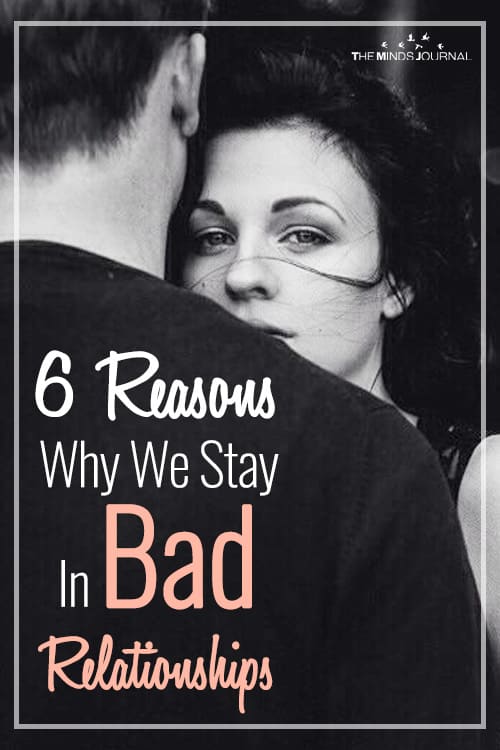
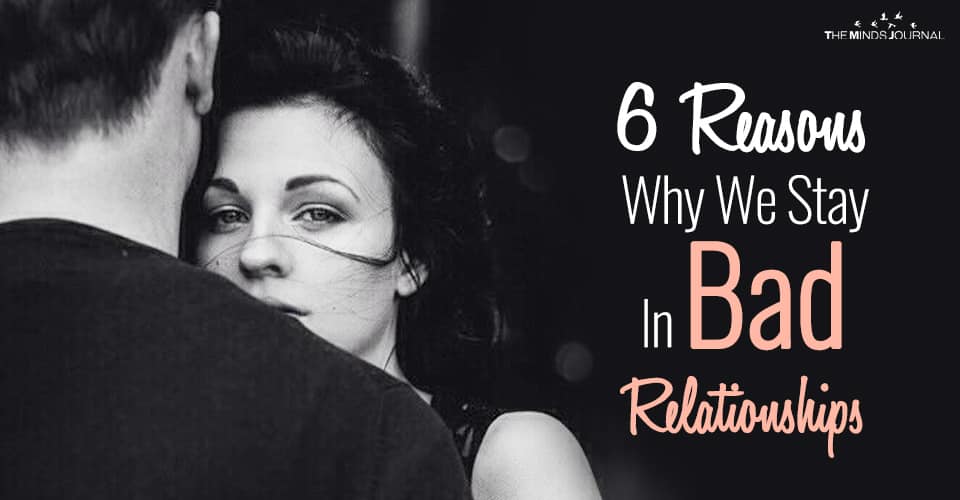

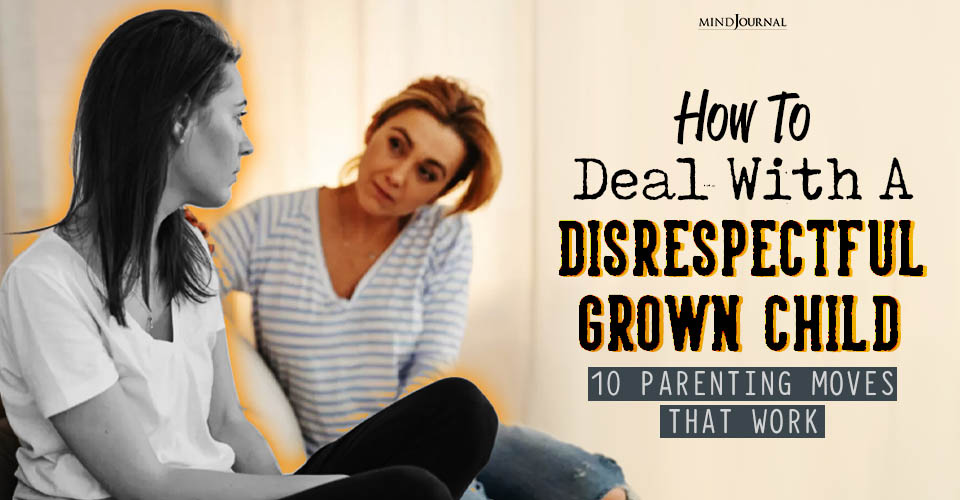




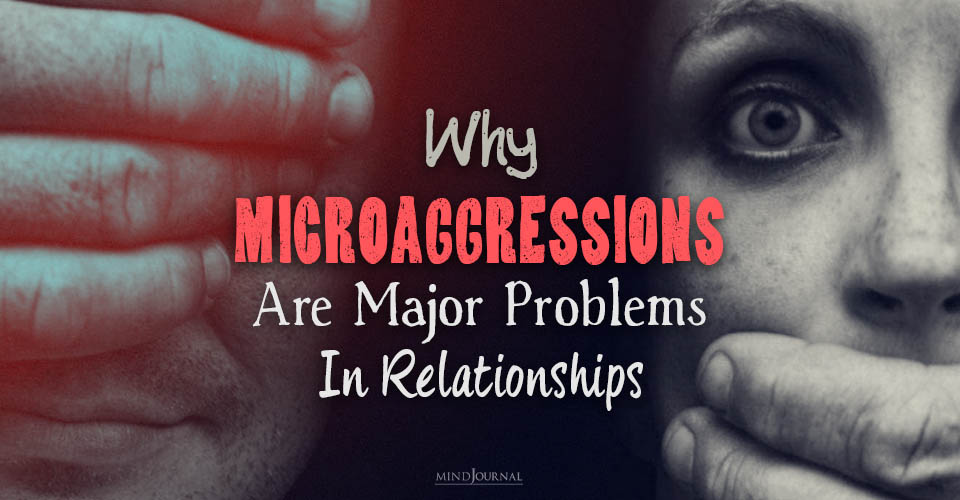

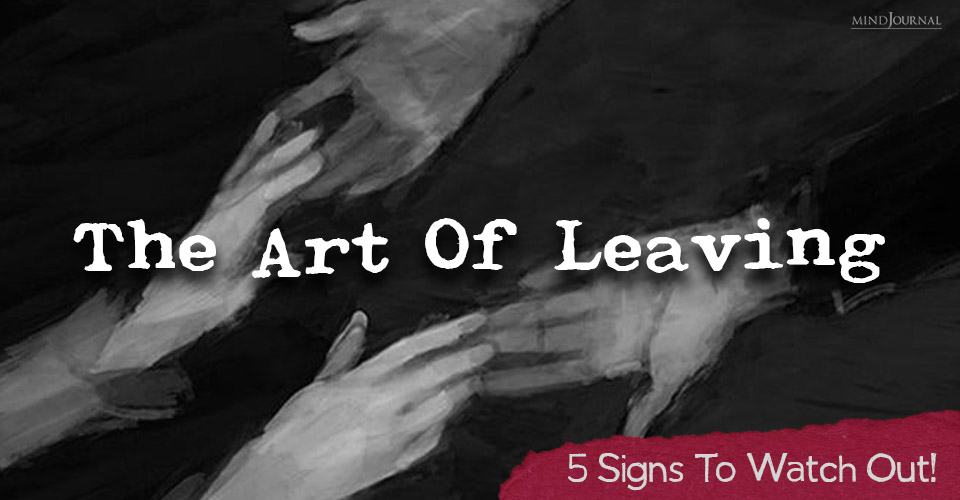
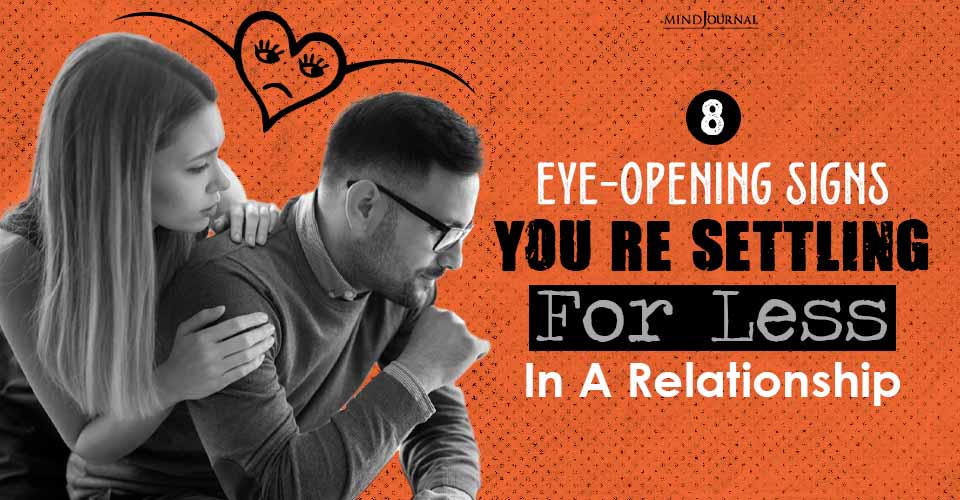

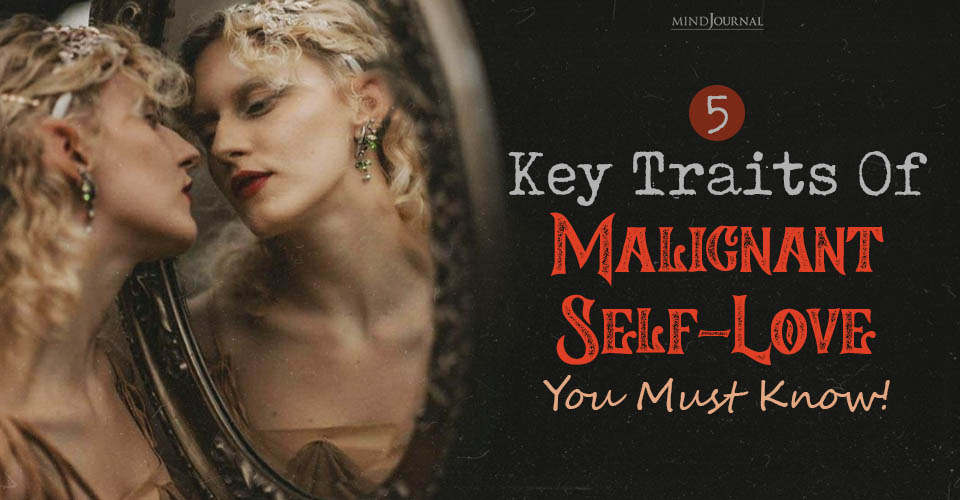

Leave a Reply
You must be logged in to post a comment.